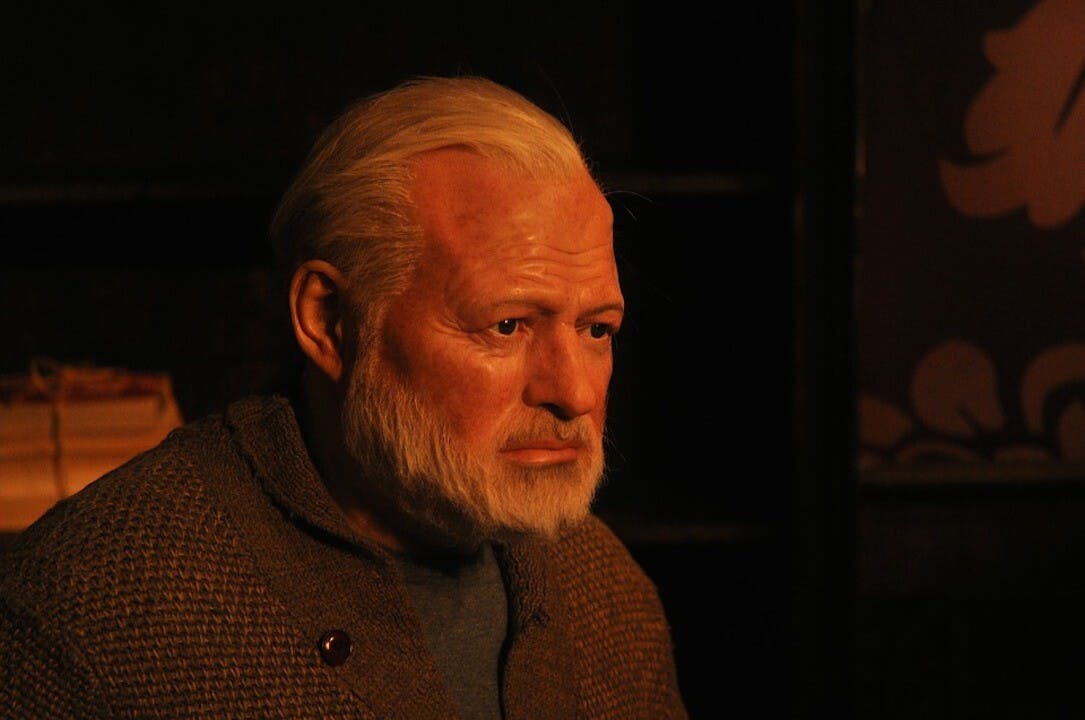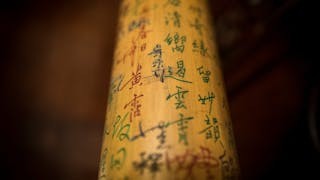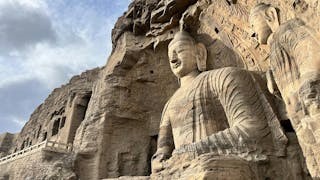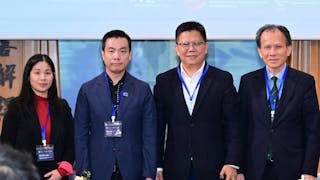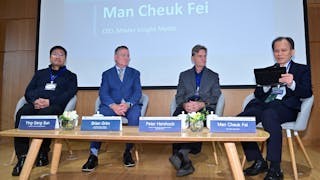為什麼聰明人往往不能成大事?真正聰明人會說話的人,懂得適時沉默。
海明威(Ernest Hemingway)說:「我們用2年去學會說話,卻用60年來學會沉默。」當我們為多說話而付出一些代價的時候,就會懂得沉默自有其價值,是一種難能可貴的品質。
沉默的人,心中都有一片海。
保持適當的沉默
大多數時候,我們說得愈多,彼此的距離卻愈遠,矛盾也愈多。在溝通中,大多數人總是急於表達自己,一吐為快,卻一點也不懂對方。兩年學說話,一生學安靜。懂與不懂,不多說。心亂心靜,慢慢說。若沒真話,就別說。
在當今這個社交至上的時代,大家似乎都偏愛能言善辯。
而沉默寡言就不那麼有趣,職場上顯然不如前者受重視,關係中被冠上無情趣之名,生活中被認為沒有情商。少說話,多做事,一個小時相當於別人做了三個小時,即使不加班,又有哪位老闆不喜歡呢?
所以,沉默是一種時間管理的原則。
沉默是人生的致勝關鍵
這種沉默不是被逼,而是自己主動選擇。因為尊重自己和他人的時間,所以不參與。因為尊重別人,所以做好自己的,不給別人添麻煩。寧可沉默一點,做事多專注一些,而工作效率奇高。
黎巴嫩詩人紀伯倫(Kahlil Gibran)說:「語言的波濤始終在我們的上面喧嘩,而我們的深處永遠是沉默的。」上面的喧嘩是什麼?是得與失的計較,追逐利與欲的哭笑,是自我的呻吟和咆哮。那麼深處的沉默又是什麼?是我們人生的核心。
人生最高級的核心就是豐富的沉默。
事實上,當我們處於完全沉默的狀態時,我們的大腦內部有豐富的事情在發生,它更接近於實現自我。沉默,是因為擺脫了外界的虛名誘惑。豐富,是因為擁有了內在精神世界的寶藏。
很多談判高手,都很懂得利用沉默。當我們保持沉默時,對方由於不知道我們的底牌,而感到無窮的壓力。這時,他的意志將會受到動搖,甚至不戰自潰。心理上的掌控,是比賽輸贏的關鍵。為了讓對方無破綻可尋,保持沉默是可以反敗為勝的。所以,沉默是一種智慧的掩藏。
這篇文章是一位億萬富豪的朋友給我的,很應景,很有海明威的風格:
An American investment banker was at the pier of a small coastal Mexican village when a small boat with just one fisherman docked. Inside the small boat were several large yellowfin tuna. The American complimented the Mexican on the quality of his fish and asked how long it took to catch them.
The Mexican replied, “only a little while. The American then asked why didn’t he stay out longer and catch more fish? The Mexican said he had enough to support his family’s immediate needs. The American then asked, “but what do you do with the rest of your time?”
The Mexican fisherman said, “I sleep late, fish a little, play with my children, take siestas with my wife, Maria, stroll into the village each evening where I sip wine, and play guitar with my amigos. I have a full and busy life.” The American scoffed, “I am a Harvard MBA and could help you. You should spend more time fishing and with the proceeds, buy a bigger boat. With the proceeds from the bigger boat, you could buy several boats, eventually you would have a fleet of fishing boats. Instead of selling your catch to a middleman you would sell directly to the processor, eventually opening your own cannery. You would control the product, processing, and distribution. You would need to leave this small coastal fishing village and move to Mexico City, then LA and eventually New York City, where you will run your expanding enterprise.”
The Mexican fisherman asked, “But, how long will this all take?”
To which the American replied, “15-20 years.”
“But what then?” Asked the Mexican.
The American laughed and said, “That’s the best part. When the time is right you would announce an IPO and sell your company stock to the public and become very rich, you would make millions!”
“Millions-then what?”
The American said, “Then you would retire. Move to a small coastal fishing village where you would sleep late, fish a little, play with your kids, take siestas with your wife, stroll to the village in the evenings where you could sip wine and play your guitar with your amigos.”



